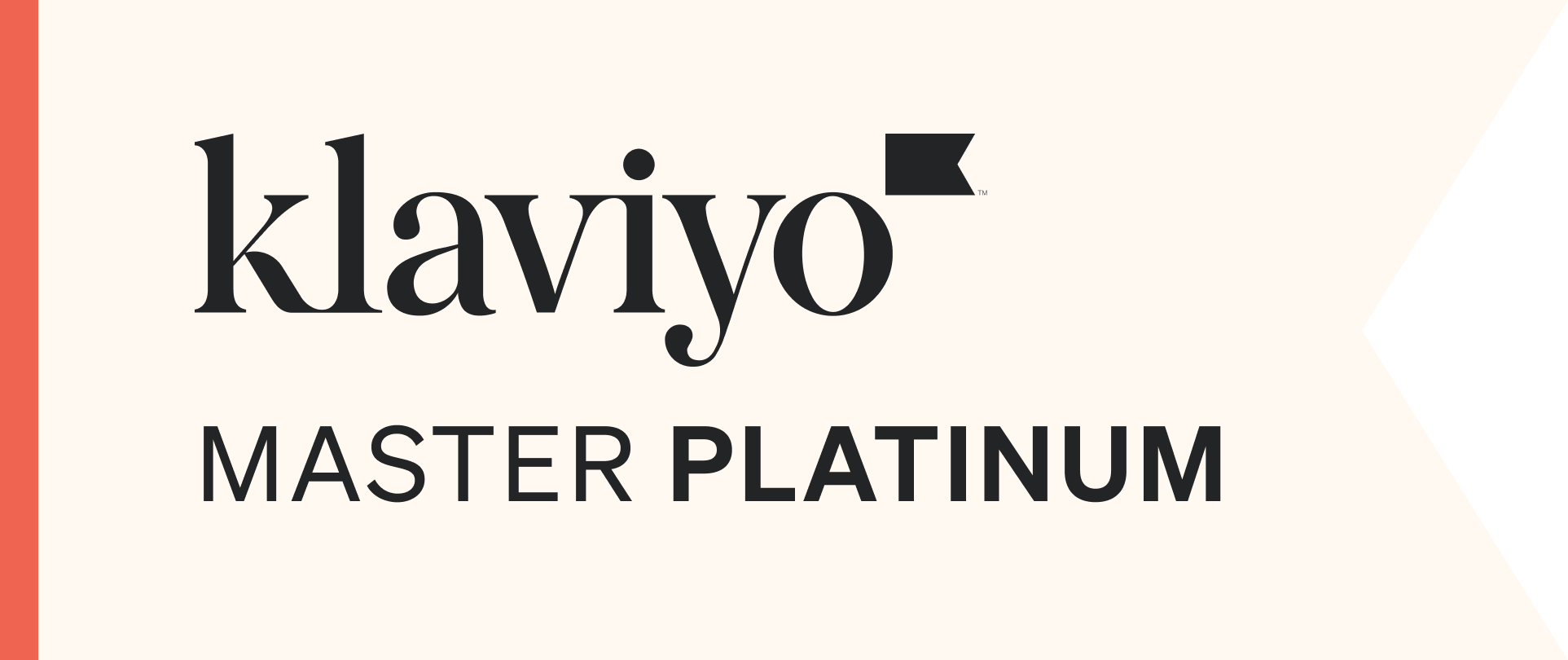By Sean Markey on 6 May 2016
In April, Brighton hosted the Brighton SEO Conference which hosted talks by many of the world’s leading SEOs and digital marketers. A veritable Mecca of all things SEO, there was something for everybody from SEO novices to seasoned search engine optimisation pros. I’ve gathered together some of the more interesting takeaway points from my favourite talks of the conference.
With so many great talks and speakers, it was impossible to see and take in absolutely everything, but I think this is a good cross-section of what the conference was all about.
Please note that any factual errors are most likely my own:
Barry Adams – Crawl Optimisation
This was a fascinating and very detailed talk, so I will just list a few key points that should act as a good starting point for any digital marketers that want to better understand the ins and outs of crawl mechanics:
- Did you know that Google crawls staging sites? This is pretty interesting as it allows you to spy on them and see what direction your competitors are planning on taking.
- Barry’s favourite tool for crawling sites is Deep Crawl. However, he also recommends Screaming Frog as a good alternative.
- A good way of finding insights, errors etc. is sticking an XML sitemap into Screaming Frog.
- Pagination is a simple but very effective way of helping more pages get crawled quickly by search engines.
- Listing more items per page by default is recommended, as crawlers seem to like ‘big pages’. As computers can process more data these days, it shouldn’t negatively affect user experience.
- Slow site loading speed results in crawl waste because crawl budget is measured in time as opposed to number of pages crawled.
- As canonicals are an index issue, not a crawl one, Barry recommends not canonicalising the following:
- faceted navigation
- pagination
- site search - The following should make use of canonicalisation though:
- Mobile URLs
- Syndicated content
- Session specific URL parameters
- Unavoidable duplicate content (like product listings where the only variation is the colour) - In order to help save crawl budget, the following types of query string should be blocked in the robots.txt file:
- /searchresults.aspx
- /*query=*
- /*s=*
Marcus Tober – Future of Search
As the founder of Search Metrics and the recent receiver of the Search Personality of the Year award at the European Search Awards, there’s arguably no better man to ask about what the future holds for SEO. While Marcus certainly had a lot to say on this subject, here are a few of the main points:
- Backlinks are definitely not going away, even if their value has diminished somewhat in recent years, so they should still be considered an integral part of any search strategy.
- User intent and answering questions will continue to drive further search volume
- SERPs for different industries/countries will grow increasingly more diverse
- Prefetch/prerender (the ability for your server to predict what page the user will click next and begin loading it as they read the current page) will become increasingly important and help reduce page load times and bounce rate.
Links & Redirects
I neglected to jot down the the name of the speaker who had these factoids and the information has been since removed from the BrightonSEO website, so if you’re reading this and know who it is feel free to send me (@soundmarkey) a belligerent tweet explaining who presented them.
- Links are still important – even Google maintains that they hold more sway on the algorithm than anything else. (Sure, Marcus Tobler said this too, but as an SEO I cannot stress this point enough).
- Yandex removed them from their algorithm for certain niches in 2014 – it didn’t go well for them and they put them back in about a year later.
- It is possible to get a manual penalty from Google based only on scraper links. A lot of people think this isn’t the case and that Google will clean up the mess for them. They are wrong though as “Google has better things to do”.
- Just because you’ve disavowed a link, it doesn’t mean that’s the end of the story. The disavowal won’t have any real effect until Google crawls the offending link again – something which can take up to 9 months.
- Redirects from penalised URLs can carry over their penalties.
- 307 (temporary) and 308 (permanent) redirects are due to be rolled out fully this summer – more testing needs to be done in order to see how they affect SEO in comparison to more traditional 301s and 302s.
- 3% of manual Google link penalties are based on no follow links. In such cases, Google decided that the intent to game the system was present even if the links weren’t technically passing on link juice.
- Increasingly, penalties issued to subdomains are having knock on effects to the parent site.
James Perrin – The Power of Genuine Reviews
- 84% of people say User Generated Content (customer reviews, tweets etc.) have influenced their decision whether to buy something or not.
- 77% of people say they think product photos taken by customers offer a better estimation of what a product really looks like than professionally taken ones.
- 25% of online reviews are fake (i.e. written by the companies who are selling them) – according to Yelp.
Alec Bertam – E-Commerce Keyword Research
As Alec’s talk was so in-depth, I don’t feel I could do him any real justice by condensing what he had to say into a couple of paragraphs or a few bullet points, I would recommend checking out his keyword research tactics which are outlined in detail here.
One thing I did find particularly cool, and a nuance that not too many people are aware of when it comes to measuring keyword value, the volume which you are given by the likes of Google etc. is only for the words in that specific order. In fact, he calculates that on average around 66% of a keyphrase’s value is lost if you don’t take in word re-orderings into account.
For example, a search term like ‘embellished black lace dress’ might get 1,000 monthly searches but the term is actually more valuable than it appears as a further 2300 monthly searches are made for ‘black embellished lace dress, an extra 120 monthly searches for ‘black lace dress embellished’ etc.
With that in mind, it is a good idea to add re-ordered search terms when picking out which keywords you want to track for a campaign. While this is certainly time-consuming, there are online programmes which do it for you which can take a lot of the heavy lifting out of the process.
Nathalai Nahai – Persuasive Content
- People are more likely to trust a source of information if it is homophilous, i.e. it is like them, so companies should ensure that their online presence ‘speaks’ in a tone of voice which suits its audience.
- Despite having a reputation for being a self-centred generation, 81% of Millennials expect companies to make good public citizenship (i.e. partake in ethical business practices and contribute to charitable causes).
- The difference between persuasive content and clickbait is that clickbait doesn’t deliver, while persuasive content backs up its promises.
- A programme called applymagicsauce.com predicts your personality based on your Facebook likes.
- for example, the programme decided that:
- I am more introvert than the average person
- I am more competitive than most people
- I am more laid back than the vast majority of people
- I am more intelligent than most people
- I am a little bit happier than the average person
- There is a 70% chance that I am male
- There is an 88% chance that I am gay
- Politically speaking, I am most likely a liberal with no religious affiliation
Well, they got most of it right!
Granted, there isn’t a whole lot that the programme does for digital marketers art present, as users need to opt in for it - i.e. you can simply add a bunch of Facebook profiles into it and find out what their personalities are like so you can sell things to them, but one would imagine that if such an advanced programme as applymagicsauce.com exists already, I’d imagine that a premium version which scrapes people’s data can’t be too far off. From a digital marketing perspective, such a tool would be pretty cool, but from a personal security and data protection point of view, it’s absolutely terrifying!
And on that note, I bid you adieu. If you’d like to attend the next Brighton SEO Conference in September, you can book tickets and check out who will be speaking on their website now.








